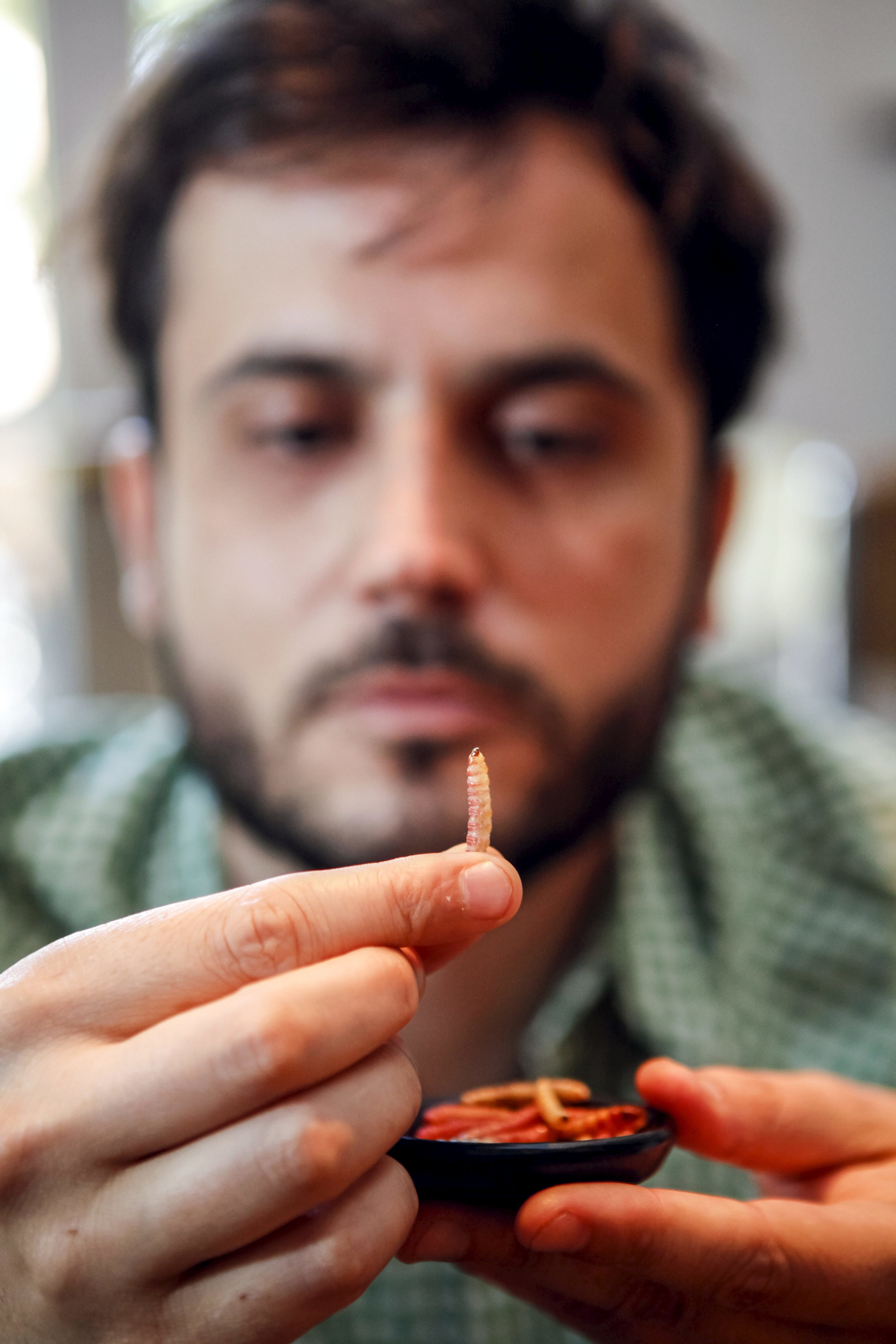The United States remains very concerned about the presence of the screwworm in livestock in certain Central American countries. On this occasion, through its embassy in Managua, the U.S. has issued a health alert on Monday due to the presence of this parasite in Nicaragua, where 124 human cases have been detected, as reported by Efe.
In a message posted on their social media, the U.S. diplomatic delegation indicated that the Nicaraguan Institute of Agricultural Health and Protection (IPSA) has identified a total of 124 cases of human infection by the livestock screwworm in the last year.
It also warned that "this is a carnivorous parasite caused by the screwworm fly, which looks similar to the common fly," and that it is affecting the entire Nicaragua.
The U.S. Embassy recommended its citizens in Nicaragua to seek medical attention if they notice unusual wounds or injuries that worsen or contain worms, or if they experience intense pain, redness, swelling, or infection in any wound.
Additionally, it recommended visiting specialized websites for additional information about the disease, including symptoms, prevention, and treatment, and the IPSA page in Nicaragua.
Until the first week of June last year, Nicaragua had recorded 18,059 cases of screwworm, including 117 in humans, which has now risen to 124.
All confirmed cases have been detected on farms located in the provinces of Río San Juan and Rivas, as well as in the Southern Caribbean Autonomous Region, bordering Costa Rica, where the infestation would have entered Nicaragua, according to the official report.
The infestation has spread to the provinces of Granada, Carazo, Masaya, Managua, León, and Chinandega, in the Pacific; as well as to the provinces of Boaco and Chontales (central), and to the provinces of Matagalpa, Jinotega, Estelí, Nueva Segovia, and Madriz (north), and in the Northern Caribbean, where epidemiological surveillance is being maintained, according to the information.
On April 5, 2024, the Nicaraguan government declared an animal health alert throughout the country due to the presence of the screwworm in livestock and activated a system of 122 technicians at the seven control points near the border with Costa Rica, where the parasite would have entered after 25 years of absence in Nicaragua and its eradication in 1999.
In its alert resolution, Nicaragua warned that positive cases of the screwworm in livestock had been confirmed in Panama and Costa Rica, "affecting all warm-blooded animal species including humans."
The screwworm is a disease caused by the larvae of the fly Cochliomyia hominivorax (Coquerel), which lays its eggs in any open wound of a warm-blooded animal, and hours later the generated larva feeds on the living tissue.
The United States government has allocated $110 million to contain the screwworm infestation in Central America.
Mexico resumes cattle exports to the US
On the other hand, Mexico resumed cattle exports to the United States on Monday, with the crossing of 882 heads, after a two-month closure due to the screwworm crisis, as reported by official sources.
"The first heads of cattle have already crossed into the United States from Agua Prieta, Sonora, there are about 900. This progress is the result of joint efforts to regularize livestock trade and strengthen actions against the screwworm in the south and southeast of the country," stated the head of the Ministry of Agriculture and Rural Development (Sader) of Mexico, Julio Berdegué, in a message on the social network X.
A week ago, the U.S. Department of Agriculture decided to gradually reopen the border starting on July 7 for Mexican cattle, bison, and equines, which had been closed since May 11 due to the spread of this infestation in Mexico.
The first border crossing to reopen was Douglas, in the state of Arizona, neighboring the Mexican state of Sonora (northwest).
Previously, Berdegué reported that between June 24 and July 6, the number of active cases of livestock screwworm had decreased by 22.7%
"We do not trust that the problem is already solved, but these results indicate that things are being done correctly," he pointed out.
